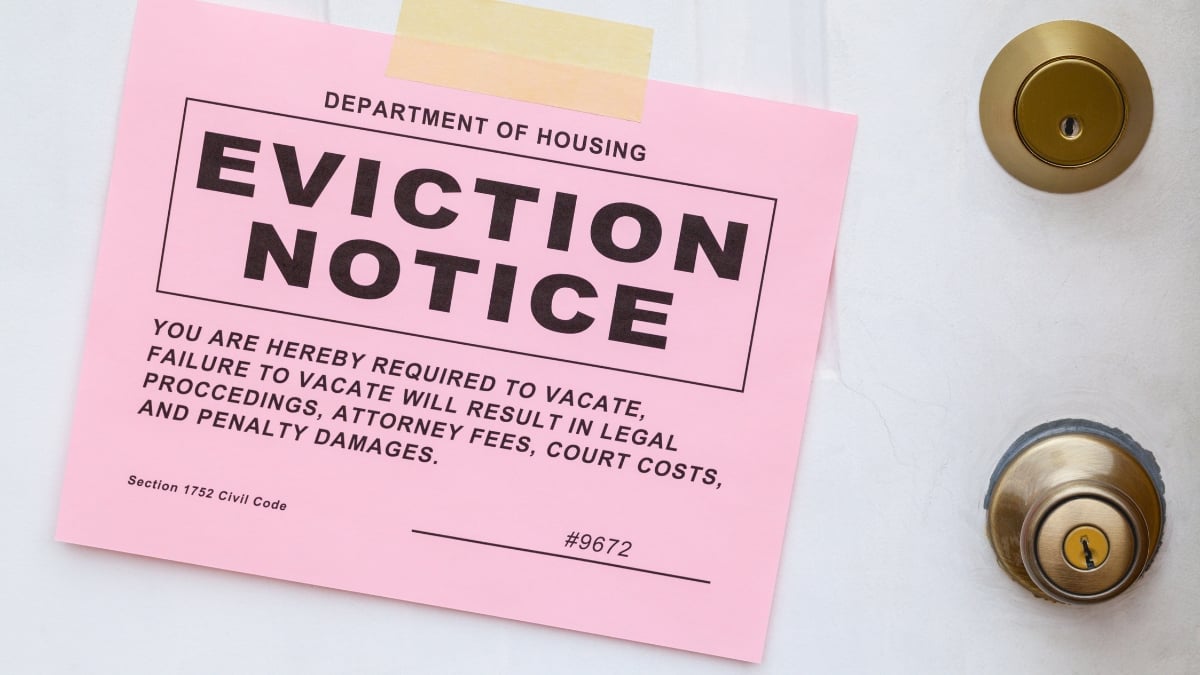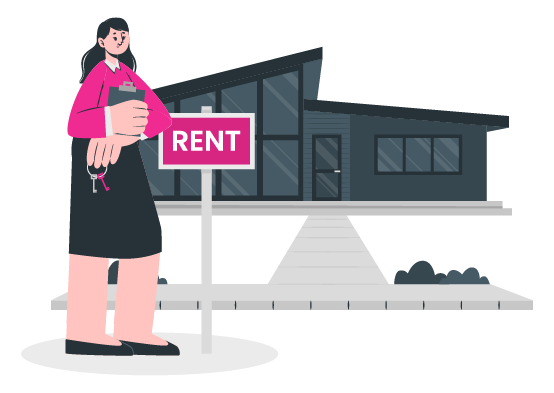Eviction is a legal process where a landlord removes a tenant from a property. In Ireland, there are specific rules and procedures that landlords must follow when evicting a tenant. This article will explore the cost and length of the eviction process in Ireland, helping you understand what to expect if you find yourself in this situation.
What is the Eviction Process?
When a landlord wants to evict a tenant in Ireland, they must follow the Residential Tenancies Act 2004. This act sets out the rules and procedures that both landlords and tenants must follow during the eviction process. The process typically involves serving notice to the tenant, attending a hearing at the Residential Tenancies Board (RTB), and obtaining a court order for eviction if necessary.
Serving Notice
The first step in the eviction process is serving notice to the tenant. This can be done for various reasons, such as non-payment of rent or breaching the terms of the tenancy agreement. The notice period can vary depending on the reason for eviction and the type of tenancy agreement in place.
Attending a Hearing at the RTB
If the tenant does not leave the property after receiving notice, the landlord can apply to the RTB for a hearing. The RTB will hear both sides of the story and make a decision on whether the eviction is justified. If the RTB decides in favor of the landlord, they can issue a notice of termination to the tenant.
Obtaining a Court Order
If the tenant still does not leave the property after receiving a notice of termination from the RTB, the landlord can apply to the courts for an eviction order. This can be a lengthy and costly process, as the courts will consider all the evidence before making a decision on whether to grant the eviction order.
Cost of the Eviction Process
The cost of the eviction process in Ireland can vary depending on the circumstances. Some of the costs involved may include legal fees, court fees, and loss of rental income during the eviction process. These costs can add up quickly, so it’s important for landlords to be aware of the potential financial implications of evicting a tenant.
Legal Fees
Hiring a solicitor to assist with the eviction process can be expensive. Solicitors typically charge by the hour, so the cost can vary depending on how long the process takes. It’s important for landlords to budget for legal fees when considering evicting a tenant.
Court Fees
Applying for an eviction order through the courts also incurs fees. These fees can vary depending on the court jurisdiction and the complexity of the case. Landlords should be prepared to cover these costs if they decide to pursue eviction through the courts.
Loss of Rental Income
During the eviction process, landlords may lose rental income if the property is vacant. This can have a significant impact on their finances, especially if they rely on rental income to cover expenses. It’s important for landlords to consider this potential loss when deciding whether to evict a tenant.
Length of the Eviction Process
The length of the eviction process in Ireland can also vary depending on the circumstances. Some evictions may be resolved quickly, while others can drag on for months or even years. It’s important for landlords to be prepared for a potentially lengthy process when evicting a tenant.
Notice Period
The notice period required before evicting a tenant can vary depending on the reason for eviction and the type of tenancy agreement in place. Some tenants may leave voluntarily after receiving notice, while others may contest the eviction, leading to a longer process.
RTB Hearing
Attending a hearing at the RTB can also add to the length of the eviction process. The RTB will hear both sides of the story before making a decision, which can take time. If the RTB issues a notice of termination, the tenant may still have a period of time to vacate the property before further action is taken.
Court Proceedings
If the landlord needs to apply for an eviction order through the courts, this can further prolong the process. Court proceedings can be complex and time-consuming, as the courts will carefully consider all the evidence before making a decision. This can result in a lengthy legal battle between the landlord and tenant.
Conclusion
Understanding the cost and length of the eviction process in Ireland is important for both landlords and tenants. Landlords need to be aware of the potential financial implications of evicting a tenant, while tenants need to understand their rights and responsibilities during the process. By being informed and prepared, both parties can navigate the eviction process more effectively and reach a resolution that is fair and reasonable for everyone involved.

